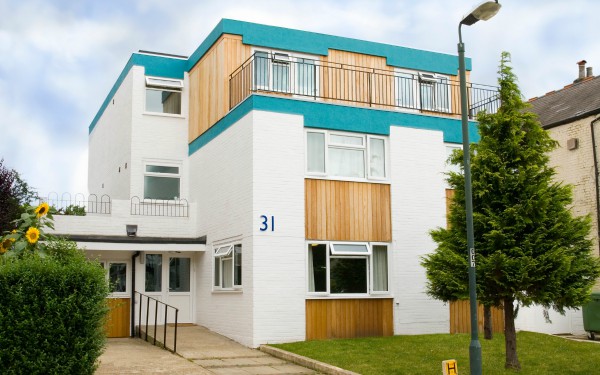
By Mike Ranson, director of development and partnerships, Consensus
As a leading provider of services for people with learning disabilities and complex needs, Consensus were delighted to have contributed to, and sponsored, a new industry think piece. “Choice is Key” from ADASS (Association of Directors of Adult Social Services) considers what’s next for accommodation and support for people with learning disabilities.
Recent years have seen massive change in the sector and in our opinion rather a lot of confusion. This is compounded by perceptions of residential and supported living as “models” of care, the drive towards optimum size models, financial blockages for new service investment and differing opinions on how best to support individuals with complex and challenging needs.
With contributions from a range of providers including Consensus, strategic commissioners, ADASS leads and Transforming Care leads, “Choice is Key” bought together a range of views, not all of them that ADASS or we, Consensus agree with. However, as we all strive to improve the lives of those we support and develop personalised services we feel it is important to maintain an open debate, exchanging ideas and challenging perceptions.
All providers are working towards a future where people with learning disabilities, autism or challenging behaviours have more choice and control over their lives. This includes securing more independent living options. Organisations such as Consensus who provide support and accommodation for people with learning disabilities are also determined to make the difference. There should be no doubting the commitment from providers to play their part in bringing about the necessary change. They have after all been engaged in innovating and investing in new community-based services for years, often at risk to themselves.
Central to delivering change is ensuring there are more options that give people control over where they live, who with and how they are supported. Many providers are investing in bespoke environments, and labels such as supported living and residential care can be misleading. It’s about the quality and the values of the management, the approach and the capability of that environment to consider what the individual requires and to provide that outcome flexibly and sustainably.
We need to ensure we work together with individuals and their families to find the best outcomes whilst not being bound by ideology or getting hung up on models.
The report surmises that the challenges in delivering more choice and control for people with learning disabilities are many with funding, commissioning, culture, regulations and scale issues all contributing to whipping up the storm.
The report can be downloaded from the Consensus website.



 Family help: one local authority’s experience of the model
Family help: one local authority’s experience of the model  ‘I spent the first three months listening’: how supportive leadership can transform children’s services
‘I spent the first three months listening’: how supportive leadership can transform children’s services  How senior leaders in one authority maintain a culture of excellence
How senior leaders in one authority maintain a culture of excellence  How staff support ensures fantastic outcomes for children and families
How staff support ensures fantastic outcomes for children and families  Workforce Insights – showcasing a selection of the sector’s top recruiters
Workforce Insights – showcasing a selection of the sector’s top recruiters 

 Facebook
Facebook X
X LinkedIn
LinkedIn Instagram
Instagram
Comments are closed.